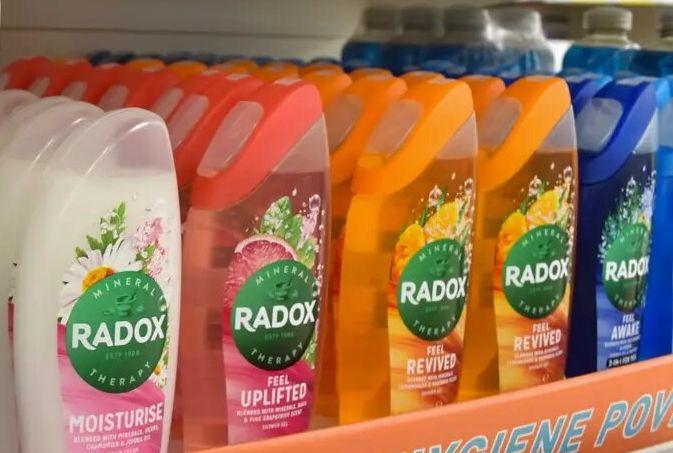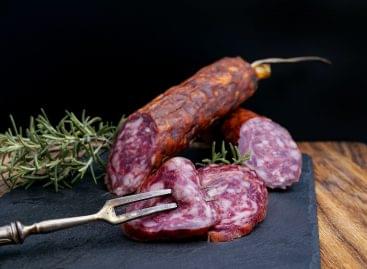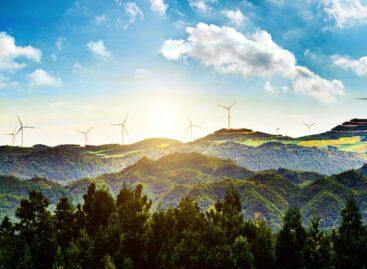Unilever boosts sustainability credentials with Radox and Dove moves
Unilever has ramped up the sustainability credentials of its Dove and Radox personal care brands – backed by a £7.2m marketing budget.

The fmcg giant is set to spend £4m on a push for Dove bodywash, which has been re-formulated to be plant-based.
The 13-strong range’s new formula was a “unique blend of three skin conditioners and gentle cleansers”, said Unilever. It is now certified by PETA as cruelty free and vegan.
Available now, the change aims to appeal to “85% of UK consumers who believe cruelty-free personal care products are important”, the supplier explained.
It also sees the addition of a hypoallergenic Dove bodywash (rsp: £2.50-£3/450ml)– following an InSites Consulting survey that last year found 94% of women had a dry skin condition, with 47% feeling “less beautiful and less confident as a result”.
Unilever has also redsigned the Radox shower gel bottle, moving the lid from the bottom to the top of the pack to make it easily refillable.
The new bottle is made with 50% recycled plastic – which would remove 450 tonnes of virgin plastic from the waste stream, Unilever claimed.
Radox has also been given a lineup of three refills (rsp: £1.75/500ml) in a soft plastic pouch, which used 74% less plastic than a standard bottles, the supplier added.
Feel Awake, Feel Refreshed and Feel Uplifted 500ml refills will hit shelves on 24 April, along with the redesigned bottles featuring “improved fragrances”. They will be supported by a £3.2m push.
Billed as Radox’s “biggest relaunch in 10 years”, the bottles and refill packs have been in development since 2019 as part of a “multimillion-pound investment” in packaging moulds and factory capabilities by Unilever, it said.
“We wanted Radox to become the most sustainable entry-level shower gel and we’re now the first brand within this tier offering 50% PCR plastic,”
said Unilever personal care GM Chris Barron.
Related news
They want it to be premium, but also sustainable – expectations of the youngest generation
GlobalData’s latest report, “Demographics in Retail and Apparel” – which…
Read more >Lab-grown meat: the future of sustainable food production or a dead end?
In recent years, increasing attention has been paid to laboratory-grown…
Read more >European Union launches another Innovation Fund round
A new round of the European Commission’s Innovation Fund is…
Read more >Related news
The Christmas season is starting earlier and earlier: value for money is the key
This year, 40 percent of Hungarians brought their Christmas shopping…
Read more >The SZÉP card will also be available in digital form from 2025
From September 1, 2025, a significant change will come into…
Read more >SHEIN’s first Hungarian store has opened
On December 10, 2024, at noon, SHEIN’s first Hungarian store…
Read more >







